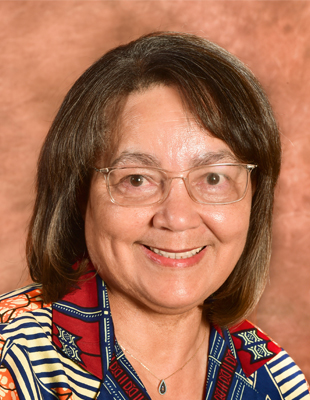By Simon Nare
Tourism Minister Patricia de Lille has appealed to learning institutions to restructure their curriculums in line with what skills will be in demand in the future as the world is changing fast due to technology.
Delivering a special lecture at the University of Johannesburg’s School of Tourism and Hospitality on Monday, De Lille said learning institutions needed to identify the in-demand skills in terms of what would be needed in the next five, 10 to 20 years and teach students accordingly.
This would help produce graduates with skills needed for the future growth of tourism.
“The tourism sector is changing all the time and it is changing fast especially with digital innovation and technologies such as AI. Universities and tourism higher education institutions must be alive to the constant changes and movements in the sector and adjust the curriculum and content accordingly,” she said.
The minister said avoiding a mismatch of skills where young people graduate and their degrees becomes obsolete, was important.
Driving the point home, she said there were already many graduates sitting at home unable to find work after years of studying.
She added that the country could no longer afford to have a static curriculum.
“We must avoid the outcome where what our young people have studied is no longer relevant. We also need to look at the entry requirements into university as there are many unskilled and semi-skilled unemployed people who can be absorbed into the tourism sector.
“We need universities to be futuristic because everything in the world moves and happens because of technology and young people thrive with technology,” she said.
De Lille warned that if the matter was not addressed, there would be a skills shortage in the sector.
She said institutions should look at their counterparts in countries such as Kenya, the Seychelles and Tanzania where they were using a greater level of technology and then adapting and packaging the curriculum and skills programmes accordingly.
De Lille said she was impressed that the UJ School of Tourism and Hospitality, which has moved from 34 to 6th in global rankings and second on the continent, had now included practical training as part of its curriculum.
But she asked when was the last time the faculty reviewed and updated its curriculum? And, was the school tracking students to see if what they were being taught was useful or still relevant?
“It is critical that we define the meaning of sustainability and impactful in the context of the tourism industry. Sustainability refers to practices that support the environment, communities and the economy in an effective and balanced manner.
“While impactful tourism emphasises creating meaningful positive change that improves visitor experiences and tourism businesses. These two elements aim to create a tourism industry that is responsible, inclusive, equitable and capable of thriving over the long term,” she said.
The minister said higher learning institutions could play a major role in building sustainable and impactful tourism in the country by incorporating innovation and digital technology in their programme offering.
Also, these institutions must reskill and upskill the current workforce in the tourism and hospitality sector.
INSIDE EDUCATION







